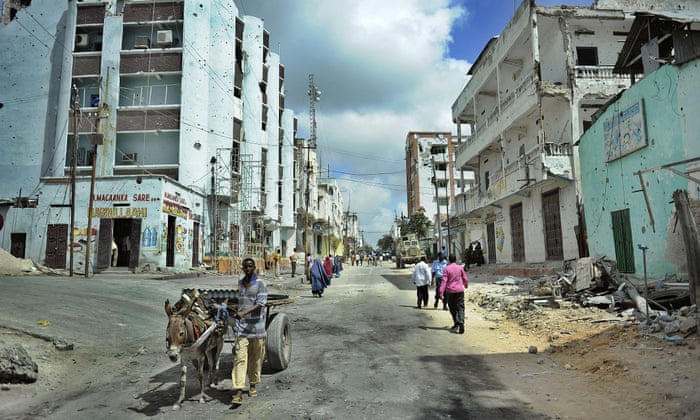Πολ Πρεσιάδο: «H Μπέλλου έχει περισσότερο ενδιαφέρον από τον Άντι Γουόρχολ»
34 Ασκήσεις Ελευθερίας, Αναλυτικό Πρόγραμμα, 14-24 Σεπτεμβρίου 2016
Laboratory for Research in Art and the Public Sphere
department of architecture | university of patras
“Who do we exclude from our fictions?
Who do we include in our desires?”
— Tentative Collective
Architects appear increasingly to be getting interested in the politics of public space. The 36-hour Factory of Thought event at the Akademie der Kunste in Berlin is therefore inscribed in a larger movement towards social awareness as a key value in architecture practice. Regardless of its successes or failures, the 15th edition of the Venice Biennale Reporting from the Front, curated by Alejandro Arevena, provides the latest solid evidence of this move. Although such a shift both in the practices and questions encountered by architects can only be a positive shift, what is too often missing from the conversation is the crucial need to question the very nature of public space itself: not only the way it is made and used, but the broader societal vision that it represents and reinforces. A useful starting point, then, is to examine what we mean when we say ‘public’, before we move on to ‘space’, the material that as architects, urban planners and spatial practitioners, we may dissect more comfortably.
Panos Kouros
Performative archiving in Kosmos. Preliminary remarks.
Lecture at the Kolloquium at Humboldt-University
Institut für Musikwissenschaft und Medienwissenschaft
Fachgebiet Medienwissenschaft
11.5.16
At the junction of performative urbanism and art in the public sphere,sonic arts and archival media studies, /Kosmos/ project relies on a methodof real-time archiving of public space that I have termed ‘performative archiving action’. Works areundertaken in Kosmos, Berlin and Neos Kosmos, Athens, in the different contexts of urban regeneration pressures in these neighborhoods. Archiving is conceived as performance creating conditions for emerging public sphere(s); linking acting persons, dispersed publics, different localities through specific actions of documenting/ classifying/ re-using/ re-contextualizing data, and made public as a continuum across web interfaces and interhuman dispositions. The performative aspect relates to both human performing tasks and the internal generative operations of the archive.

The Bakara market area of Somalia’s capital Mogadishu. Next year’s Venice Biennale seeks to document those ‘working in the margins, under tough circumstances, facing pressing challenges’. Photograph: Tony Karumba/AFP/Getty Images
Featuring leading theorists in the field, the symposium demonstrated the vital importance of architecture’s political dimension
How is architecture political? That was the question being asked at the Architecture Exchange’s second annual symposium, this year held at the Architectural Association. The respondents, each of whom made a half-hour presentation on the subject, included Reinhold Martin (Director of the Buell Center in New York), Pier Vittorio Aureli (cofounder of Dogma and teacher at the AA), Ines Weizman (specialist in Soviet-era dissident architecture) and Sarah Whiting (Dean of Rice Architecture School, Houston). However, the star of the event was undoubtedly Chantal Mouffe, one of the world’s leading political theorists (as demonstrated by book titles like Agonistics: Thinking the World Politically, On the Political and The Return of the Political).